The Church of England has been a cornerstone of British society for centuries, but it’s increasingly out of touch with modern life. With declining attendance and outdated views, it’s clear the Church needs a serious update. Ever wondered why so many people feel it’s lost its relevance?
1. Declining Attendance
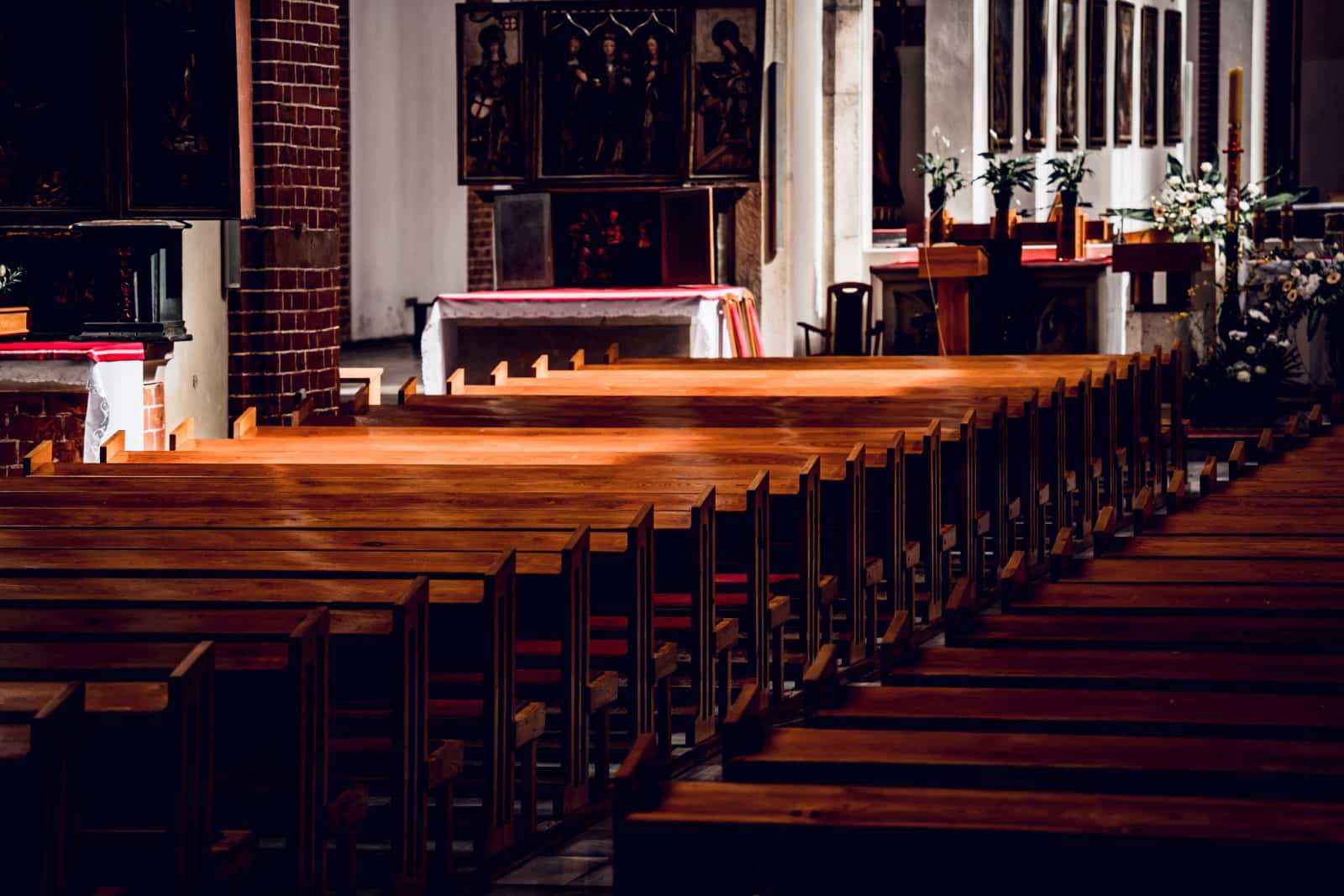
Fewer people are attending services. The once-packed pews are now mostly empty, reflecting a society that’s moving away from traditional worship.
2. Outdated Views on LGBTQ+ Issues
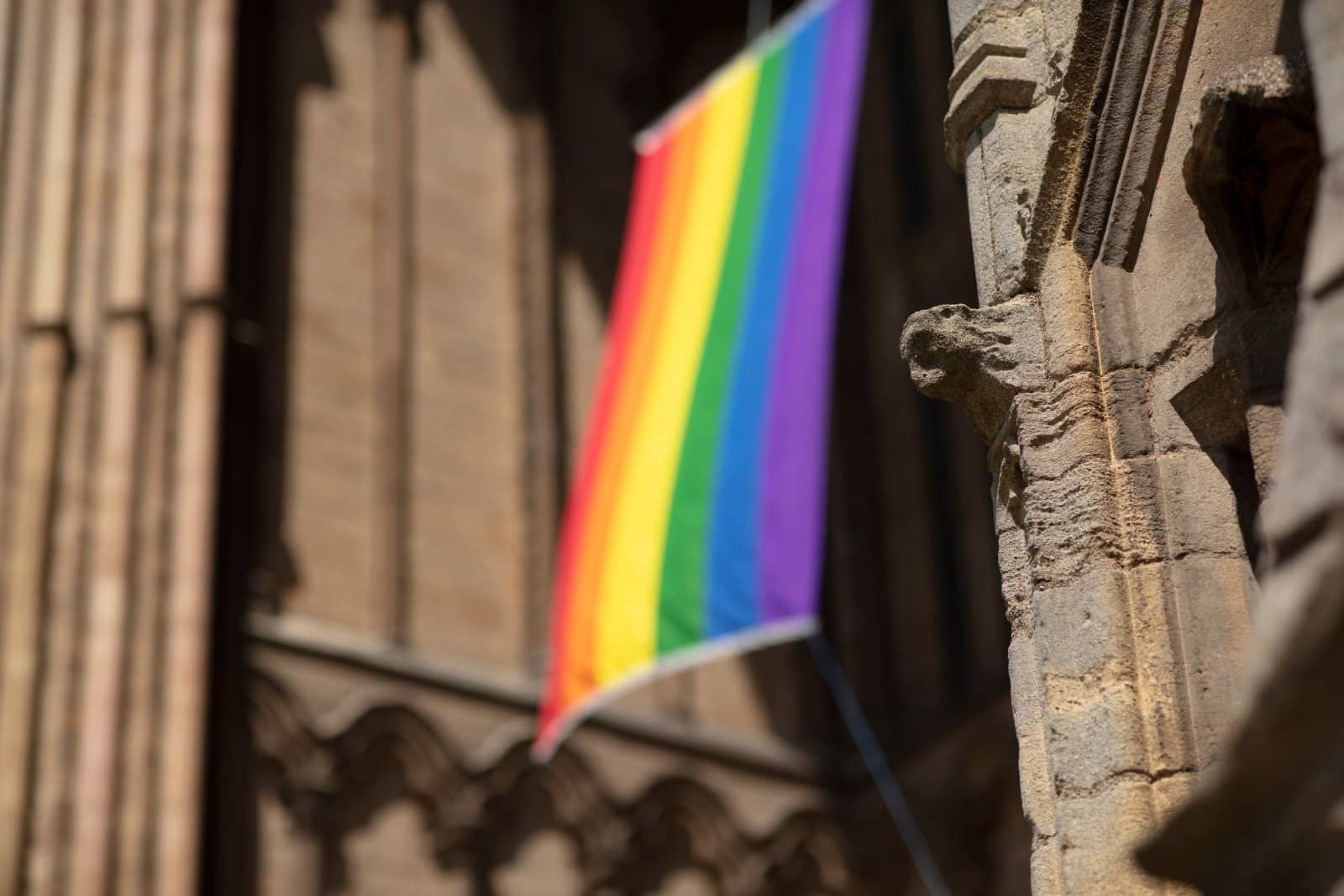
The Church’s stance on LGBTQ+ rights is stuck in the past. Many feel it’s out of touch with modern views on equality and inclusion.
3. Gender Inequality

While there have been strides in allowing women into the clergy, the Church still struggles with full gender equality. Leadership roles are predominantly male.
4. Resistance to Change
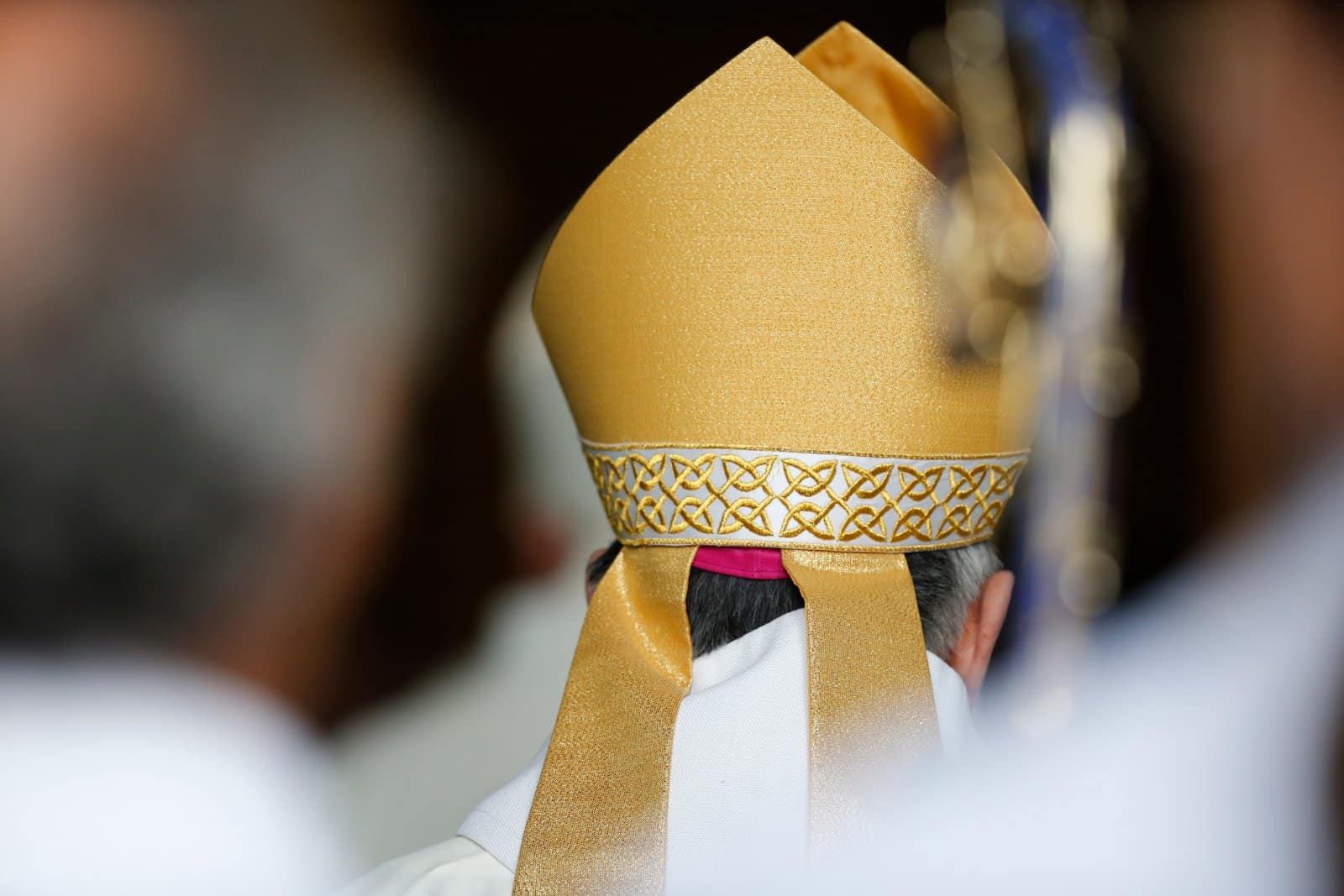
The Church of England is notoriously slow to adapt. In a rapidly changing world, its resistance to modernisation is alienating potential followers.
5. Financial Struggles

With fewer attendees, the Church faces significant financial challenges. Many historic buildings are expensive to maintain and are falling into disrepair.
6. Scandals and Abuse Cases

The Church has been plagued by scandals, particularly concerning abuse cases. This has severely damaged its reputation and trust among the public.
7. Irrelevant Sermons

Sermons often fail to connect with the issues people face today. Topics can seem out of touch with the real-world struggles of modern congregants.
8. Lack of Community Engagement

The Church’s role in the community has diminished. Many people no longer see it as a vital part of their local area.
9. Poor Youth Engagement
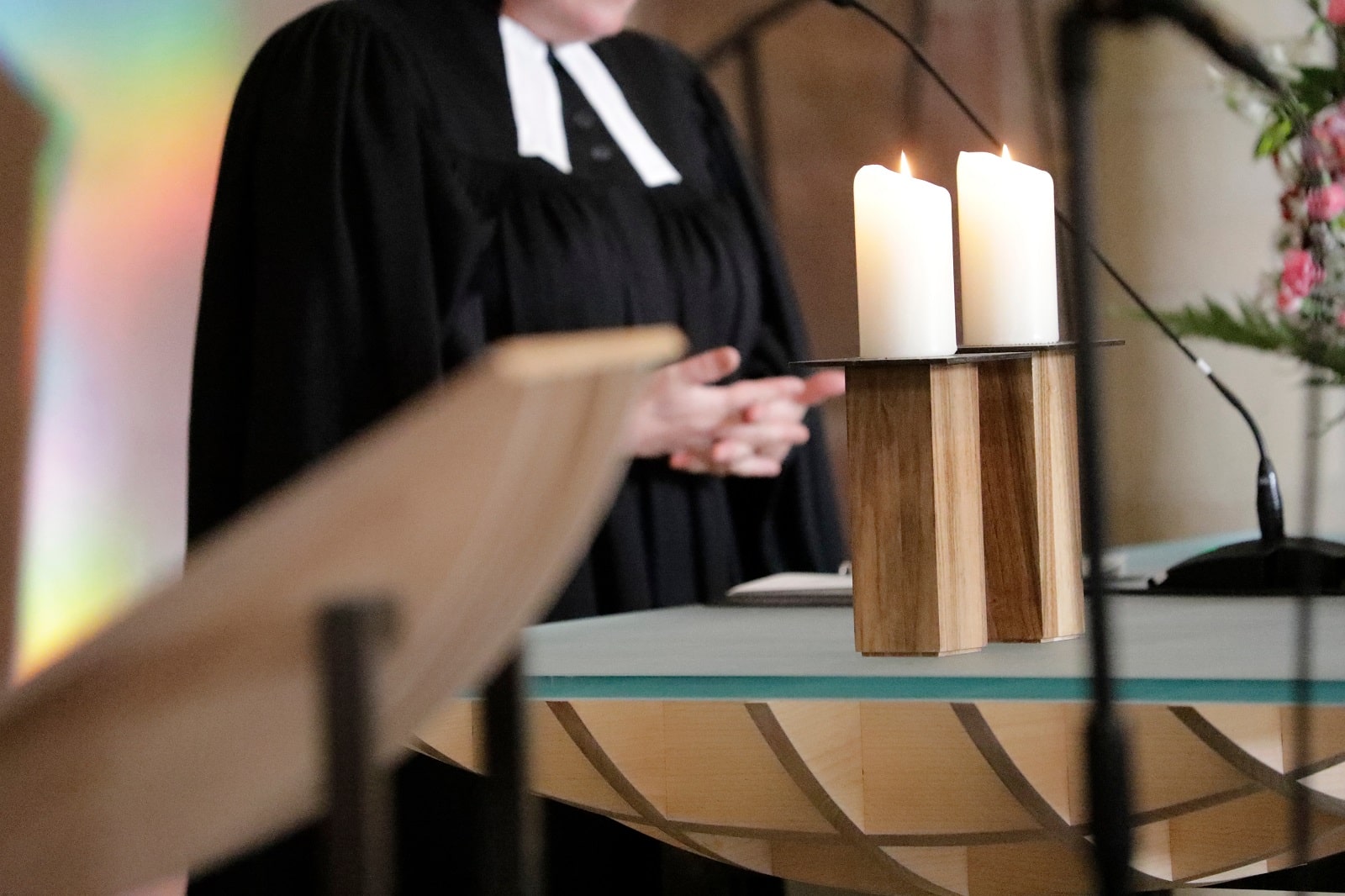
Younger generations are drifting away from the Church. Efforts to engage with youth have largely failed, leaving an ageing congregation.
10. Political Neutrality

The Church’s reluctance to take a stand on important political issues makes it seem irrelevant. People want institutions that reflect their values and take a stance.
11. Exclusivity

The Church’s practices and rituals often feel exclusive and unwelcoming. This discourages new members and makes the Church seem closed off.
12. Lack of Transparency

Financial and administrative transparency is lacking. This breeds distrust and scepticism among potential and existing members.
13. Cultural Irrelevance

The Church’s cultural touchstones are often dated. It struggles to resonate with a modern audience who find its traditions out of step with contemporary life.
14. Bureaucratic Structure
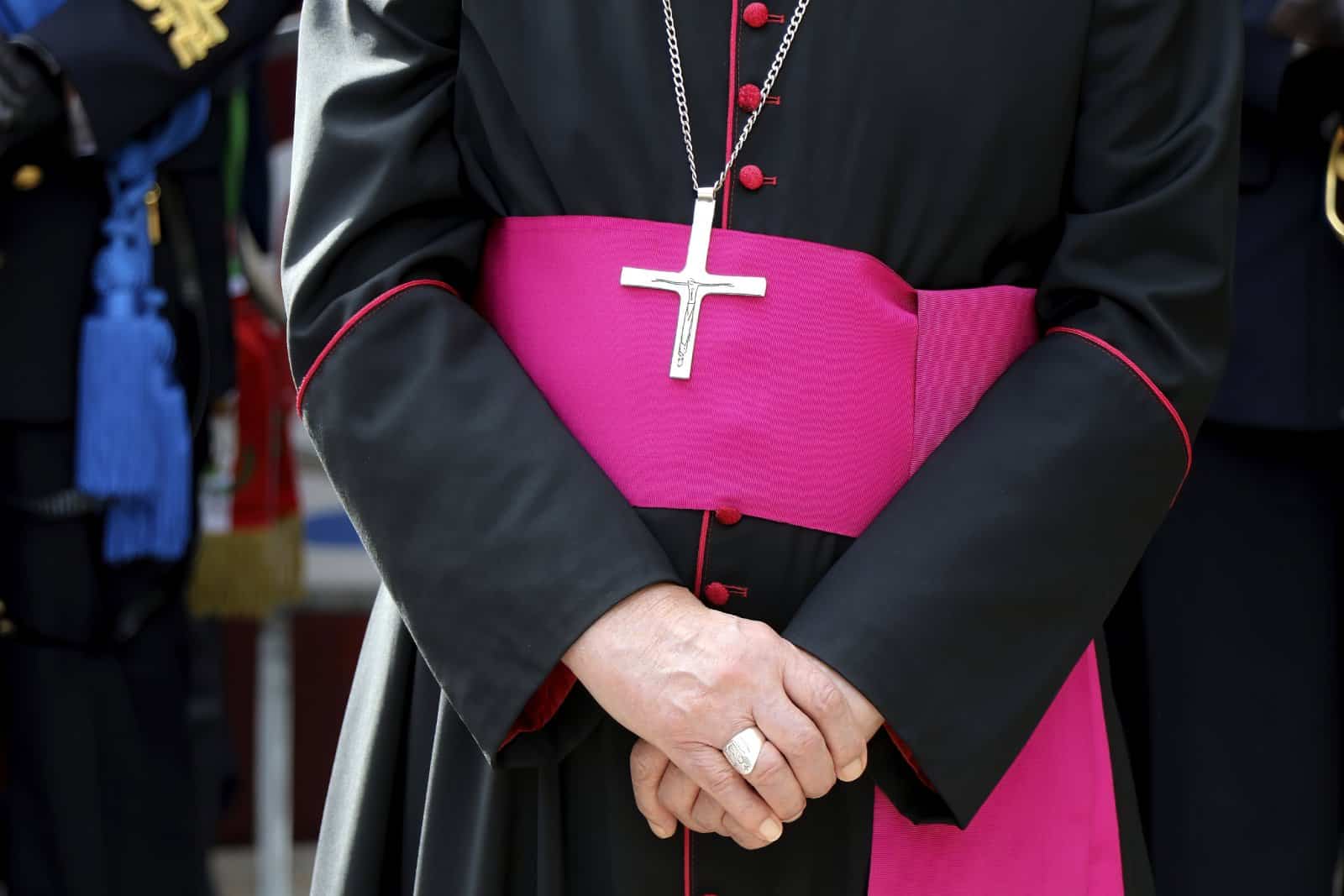
The Church’s bureaucratic structure hampers its ability to be dynamic and responsive. Decision-making processes are slow and cumbersome.
15. Environmental Issues

The Church has been slow to take a strong stance on environmental issues. In an era where climate change is a major concern, this is a significant oversight.
16. Intellectual Stagnation
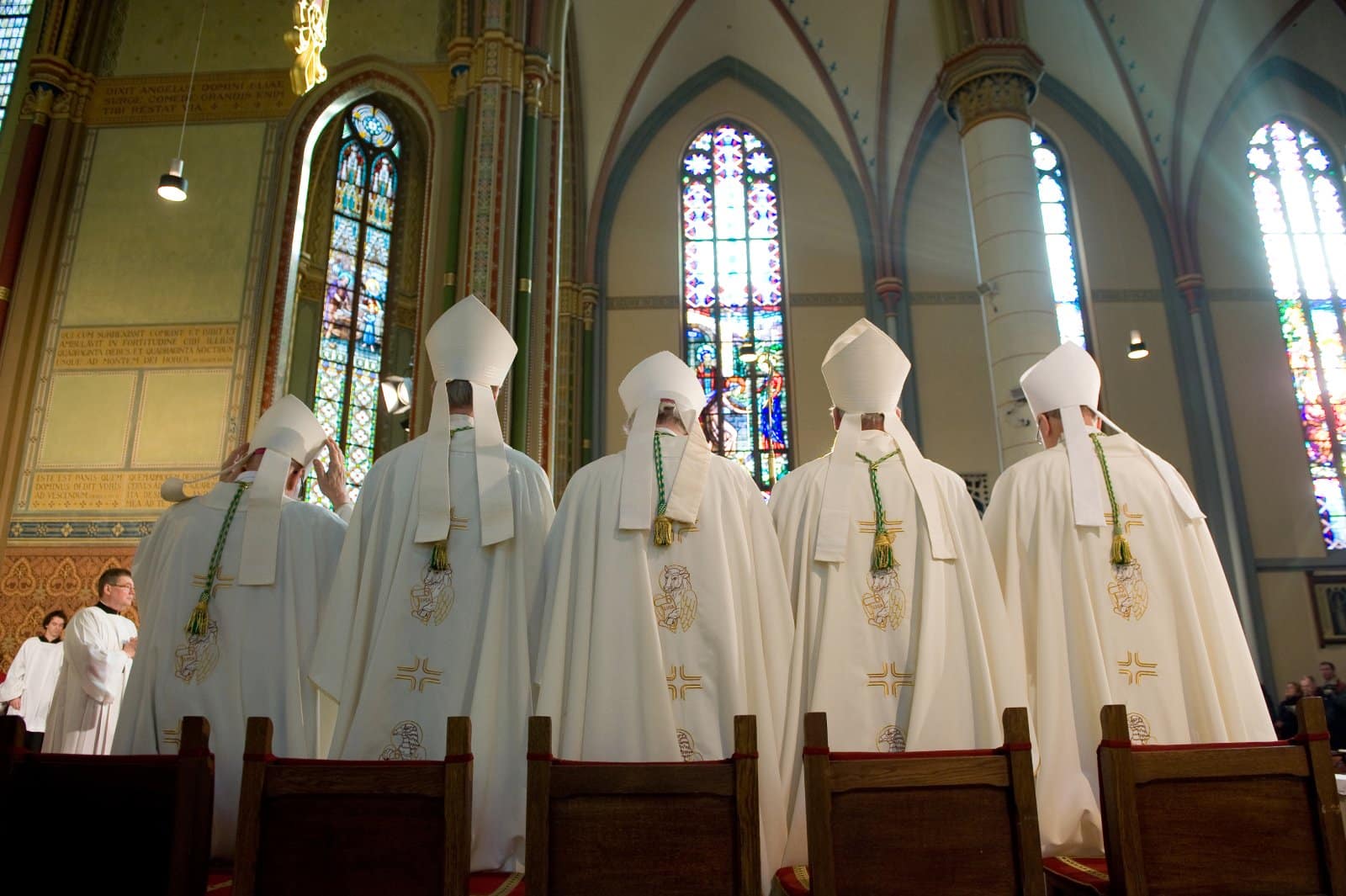
The Church has failed to evolve intellectually. Its teachings often seem antiquated in light of modern scientific understanding and philosophical thought.
17. Poor Media Presence

The Church’s presence in modern media is weak. It fails to leverage social media and digital platforms effectively to reach a broader audience.
18. Alienation of Minorities

The Church has not effectively reached out to ethnic and cultural minorities. Its congregations often lack diversity, furthering its image as an exclusive institution.
Time to Wake Up

The Church of England needs a serious overhaul if it hopes to remain relevant. Without significant changes, it risks becoming nothing more than a relic of the past. Isn’t it time for the Church to step into the 21st century?
Featured Image Credit: Pexels / Antoni Shkraba.
For transparency, this content was partly developed with AI assistance and carefully curated by an experienced editor to be informative and ensure accuracy.

